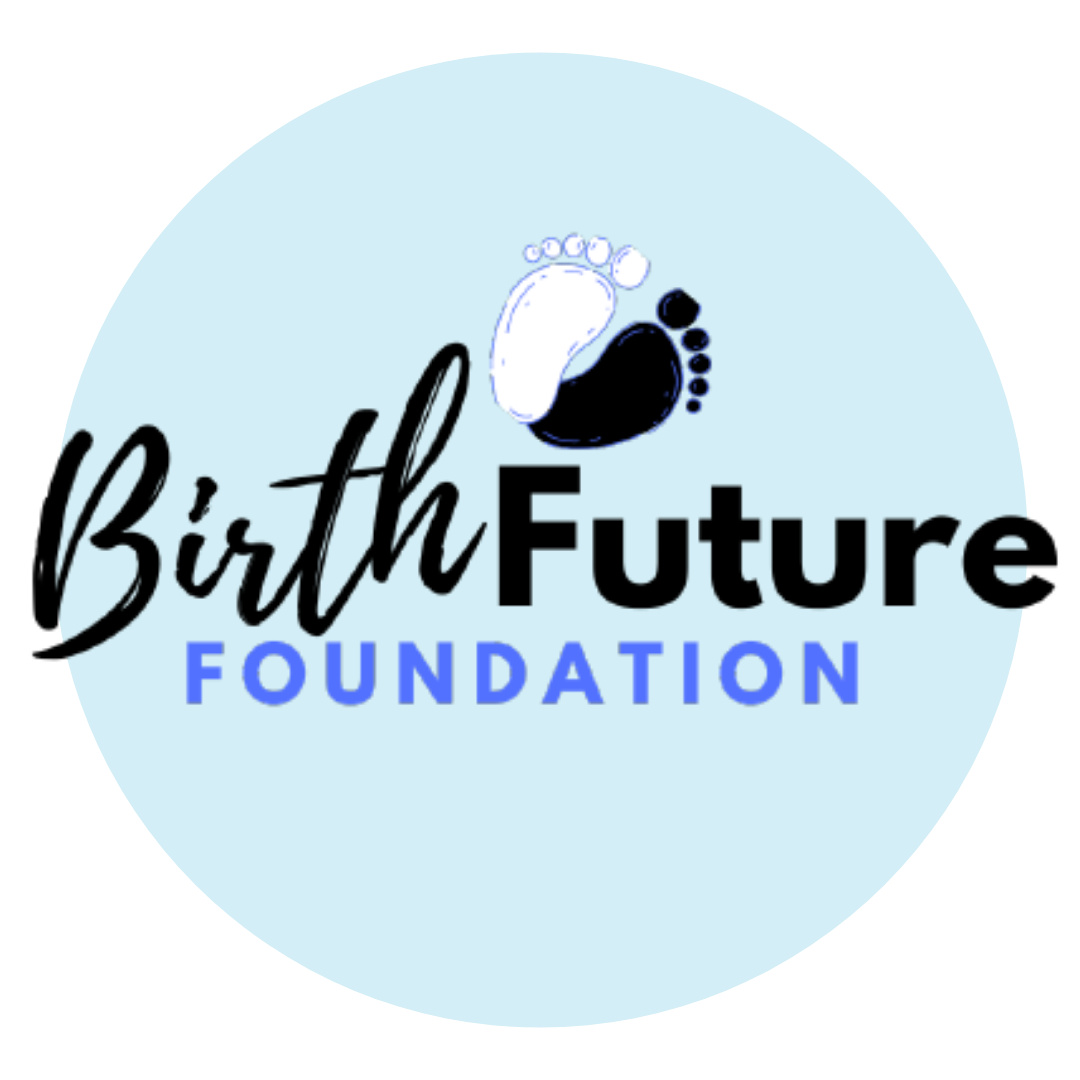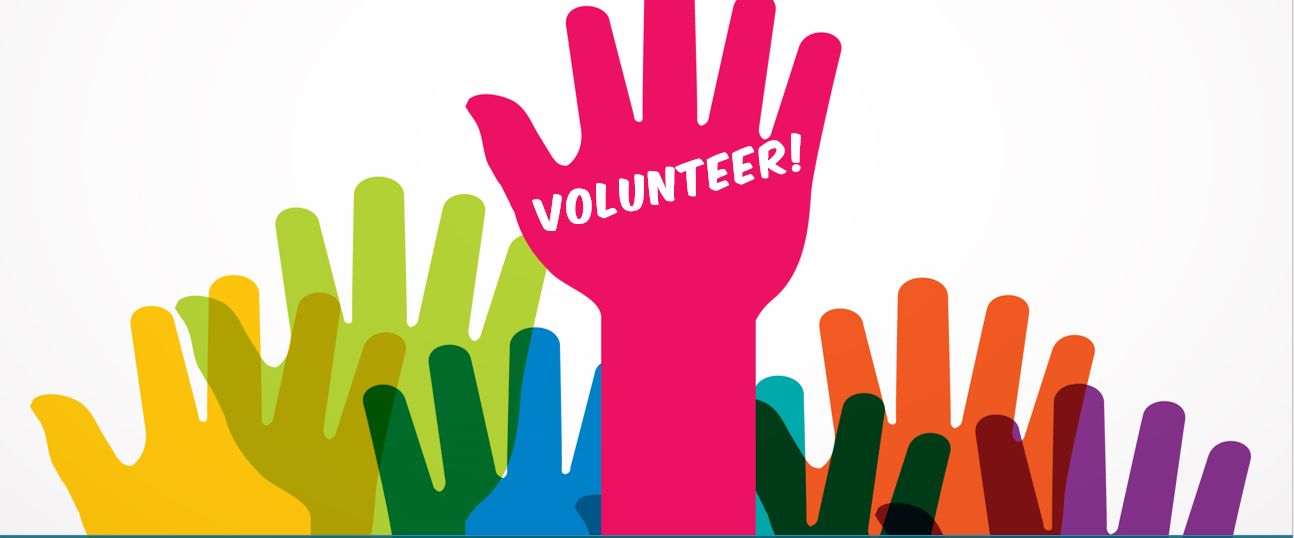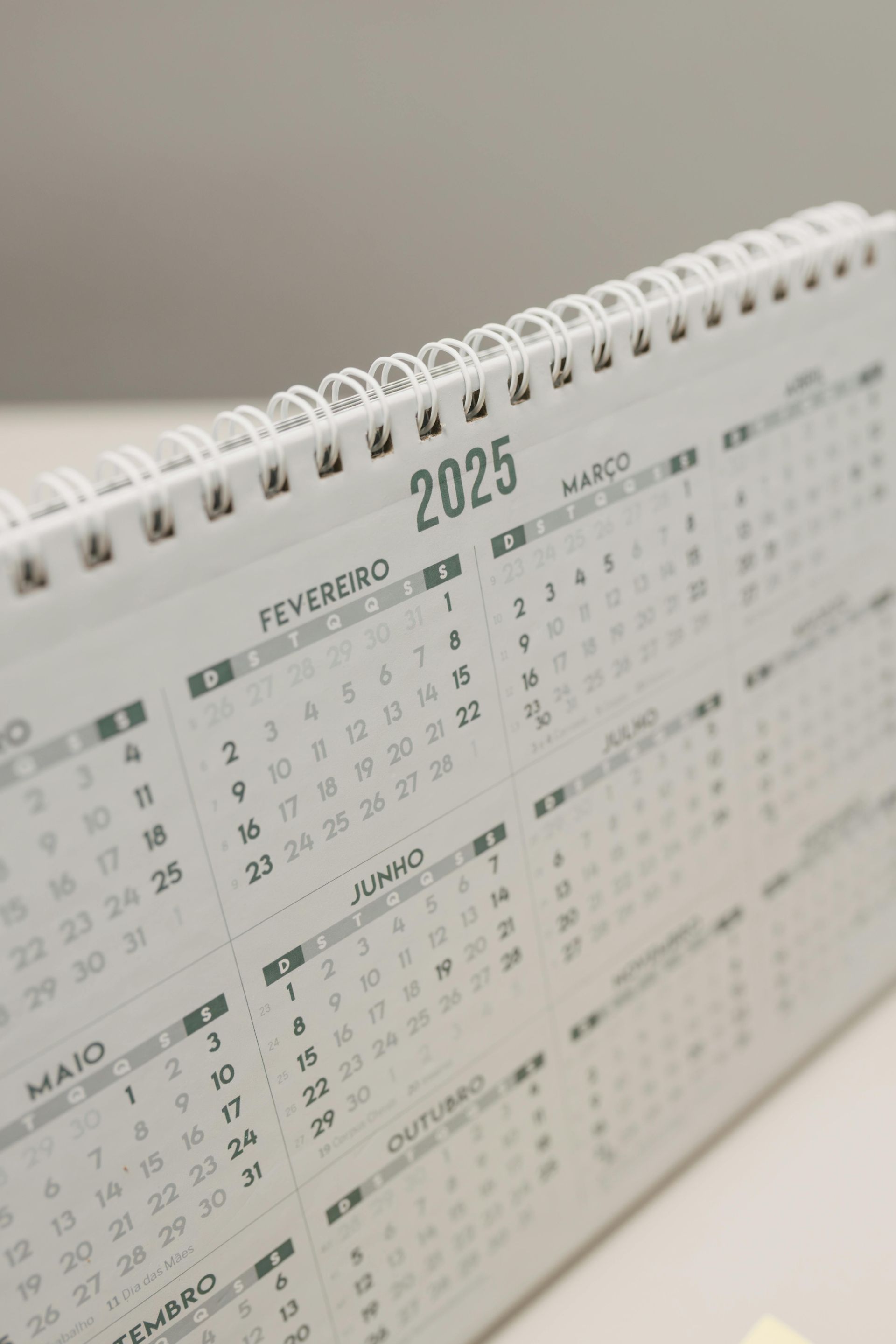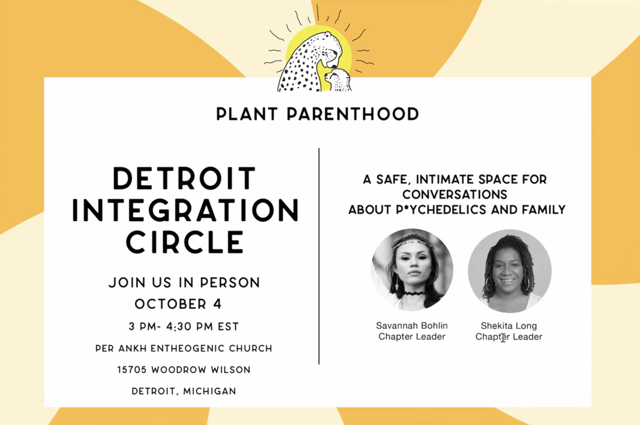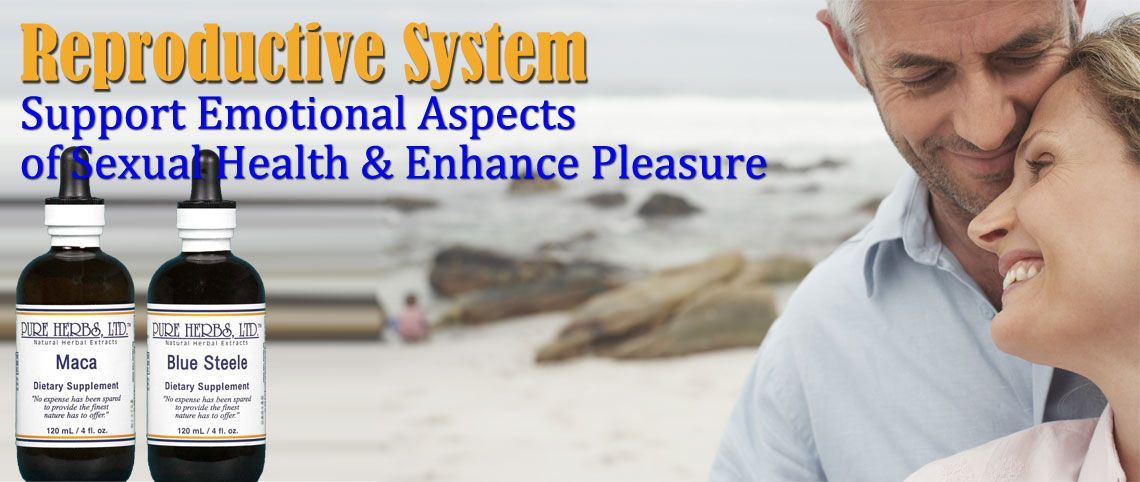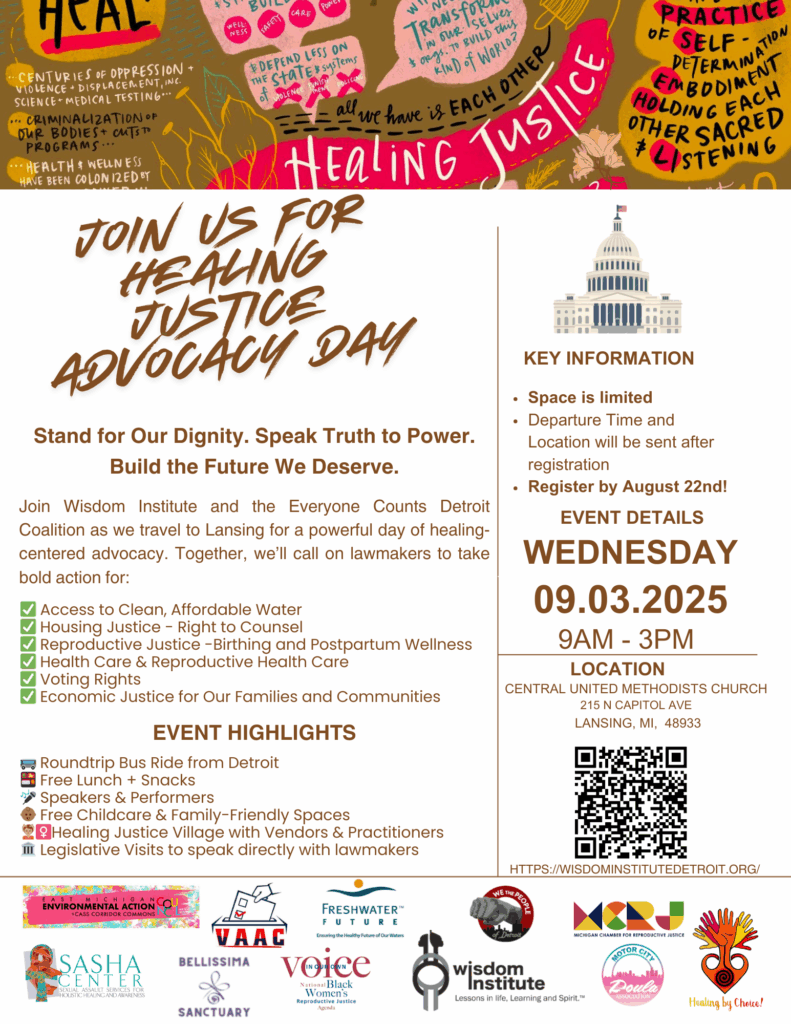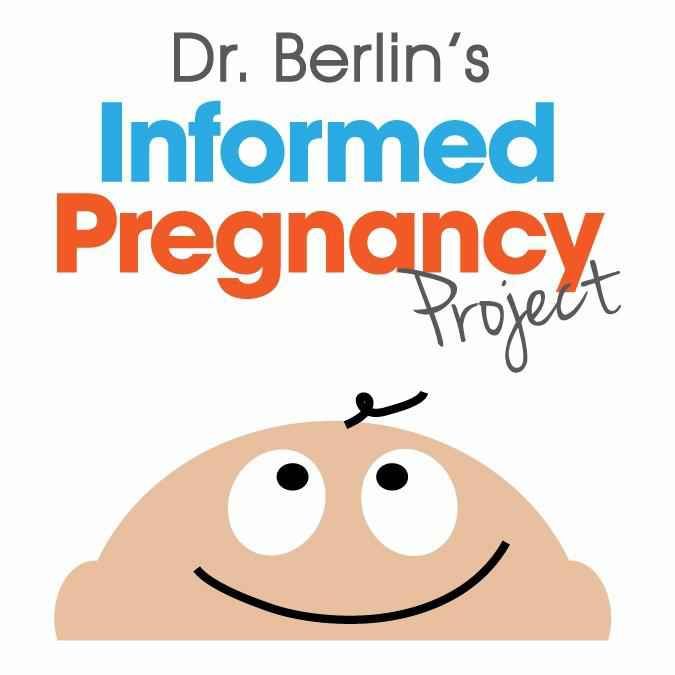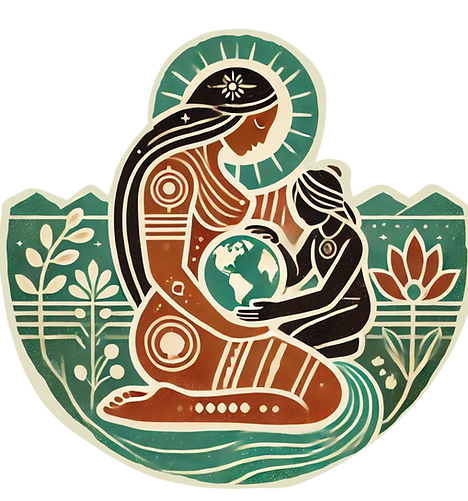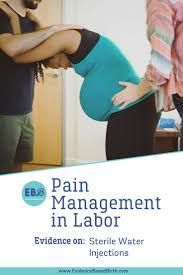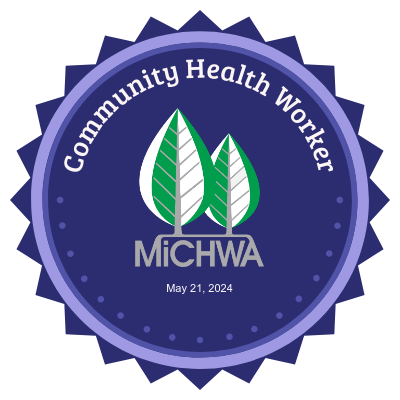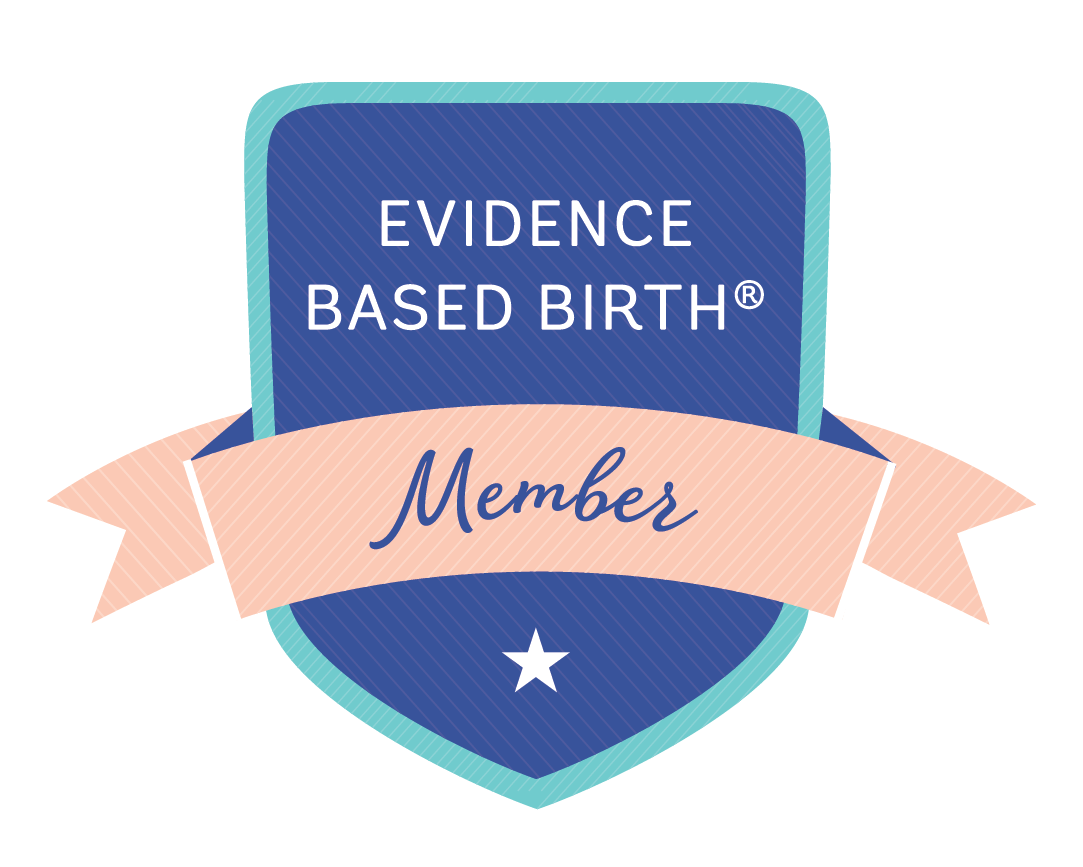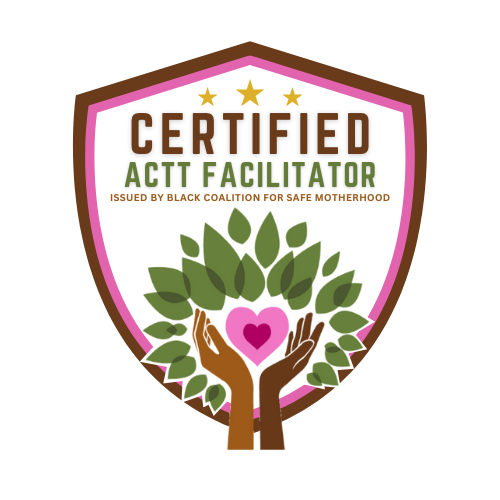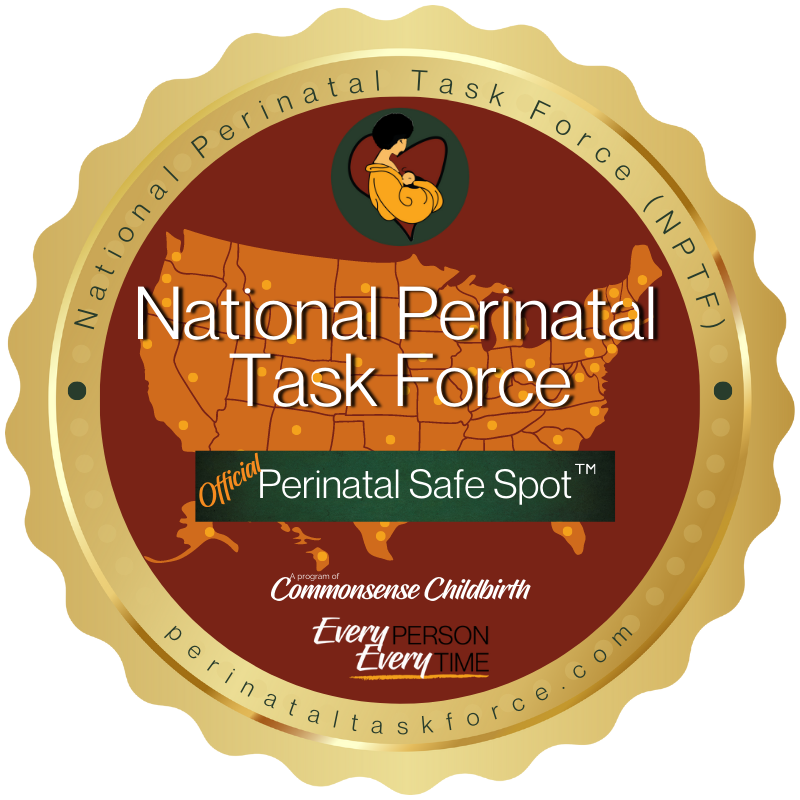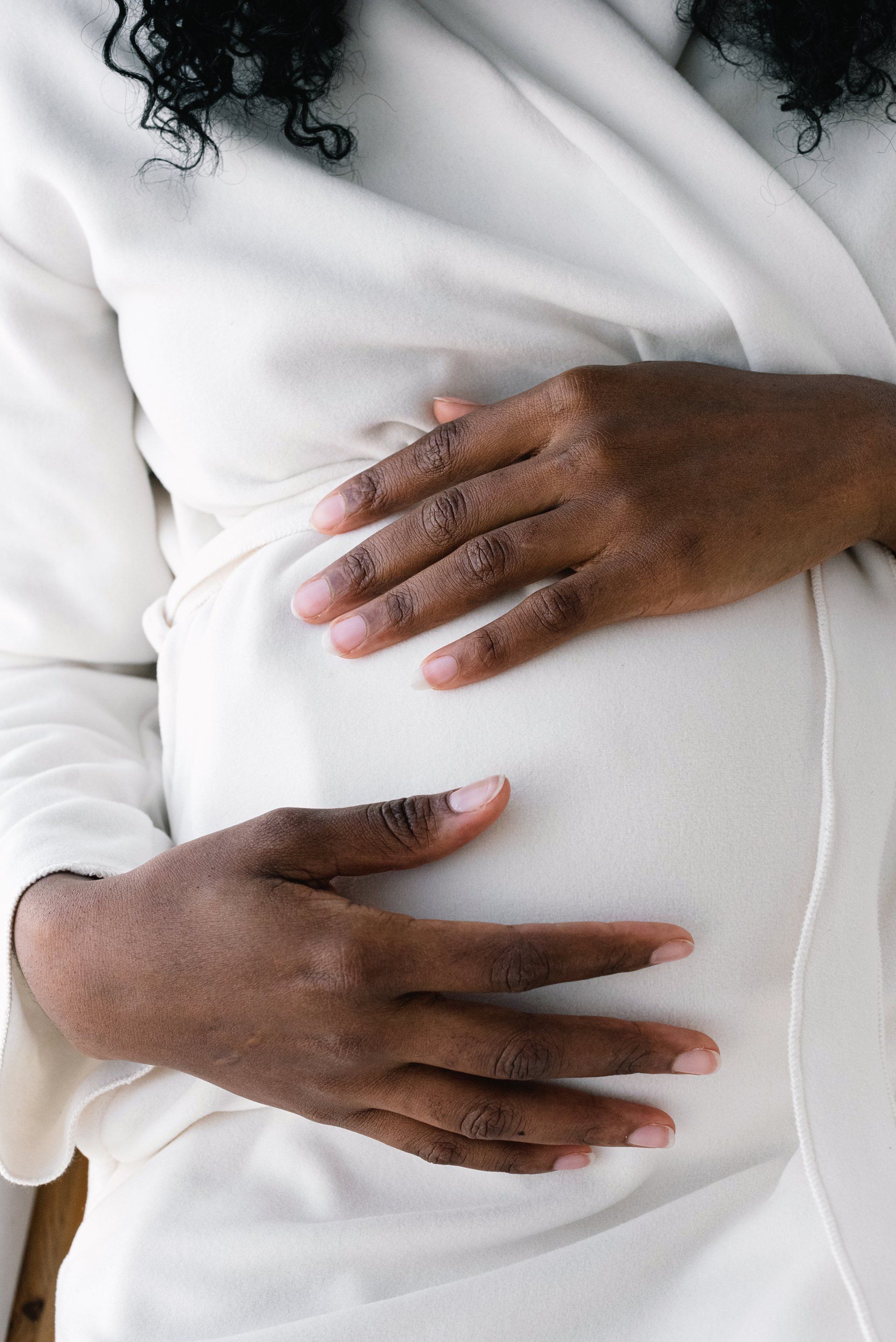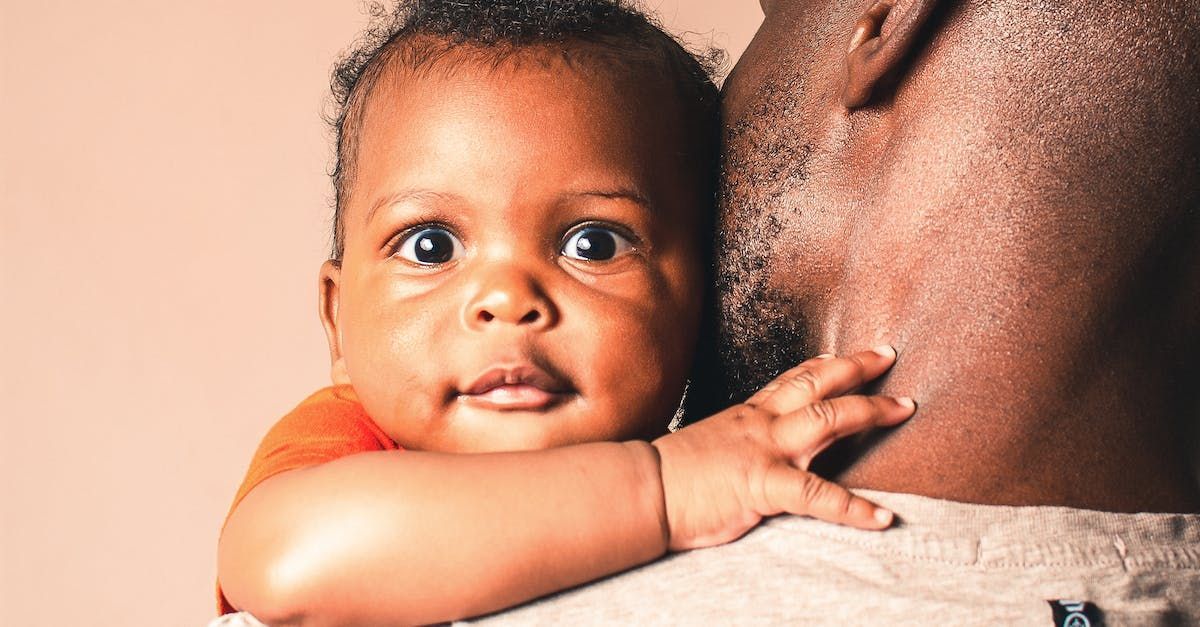Postpartum Mental Health: You’re Not Alone – Signs, Symptoms, and Resources
Becoming a parent is a profound journey filled with joy, excitement, and, for many, unexpected challenges. As a cultural and community labor and birth doula who advocates for mental health awareness, I want to address a vital topic that affects many new parents: postpartum mental health. If you're navigating this journey and feeling overwhelmed, please know that you're not alone.
Understanding Postpartum Mental Health
Postpartum mental health encompasses a range of emotional and psychological issues that can occur after childbirth. While many new parents experience a blend of emotions, some may face more significant challenges, including postpartum depression (PPD), anxiety, and other mood disorders. Recognizing the signs and symptoms is the first step toward seeking help.
Signs and Symptoms of Postpartum Mental Health Issues
1. Persistent Sadness or Hopelessness: Feeling sad, empty, or hopeless for an extended period is a common sign of postpartum depression.
2. Anxiety and Worry: Excessive worry about the baby’s health or well-being can lead to overwhelming anxiety.
3. Changes in Appetite or Sleep: Significant changes in eating habits or experiencing insomnia and fatigue can affect overall well-being.
4. Loss of Interest: Earlier joys, including activities you once loved, may feel unimportant or uninteresting.
5. Feelings of Guilt or Shame: It's common to feel guilty about not bonding with your baby or not being the “perfect” parent.
6. Difficulty Bonding: Struggling to connect with your baby can be emotionally distressing.
7. Physical Symptoms: A variety of physical symptoms, including headaches, stomach issues, or unexplained pain, can also manifest.
8. Thoughts of Self-Harm or Harm to the Baby: If you experience thoughts of self-harm or harming your baby, it is crucial to seek immediate help.
You're Not Alone
Many new parents experience these feelings, and it’s essential to remember that seeking help is a sign of strength. Don’t hesitate to reach out to your support network, healthcare providers, or mental health professionals. Community support can play a vital role in recovery, and connecting with others who understand your experience can provide comfort and validation.
Resources for Support
1. Therapists and Counselors: Seeking professional help from therapists who specialize in postpartum mental health can offer personalized strategies and coping mechanisms.
2. Support Groups: Consider joining local or online support groups where you can share experiences and connect with others who understand, such as the Detroit Psychedelic Society, which provides community and engagement around mental health discussions.
3. Educational Resources: Websites like Postpartum Support International (PSI) and the American Psychological Association offer valuable information on recognizing symptoms and finding help.
4. Natural Remedies: As an advocate for research on microdosing psilocybin and adaptogens like Ashwagandha, Reishi, and Cordyceps, I encourage open dialogue around these alternatives. While more research is needed, some individuals have found these natural remedies helpful in managing stress and improving overall mental well-being. Always consult a healthcare professional before starting any new treatment.
Magic Mushrooms Helped Me Cope With Postpartum Depression
5. Hotlines and Helplines: If you're in crisis, don’t hesitate to use hotlines, such as the National Suicide Prevention Lifeline, to speak with someone who can help.
Conclusion
Postpartum mental health is a crucial aspect of the parenting journey, and recognizing the signs and symptoms is the first step in addressing any concerns. Remember, you’re not alone in this experience. There are resources and support systems available to help you navigate the challenges of postpartum life. As a doula deeply invested in your well-being, I encourage you to reach out and seek the support you deserve. Your journey matters, and taking care of your mental health is just as important as caring for your little one.
